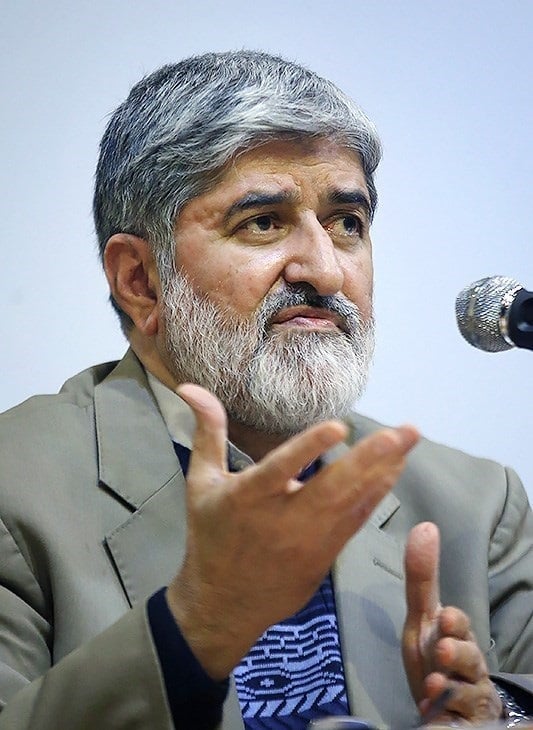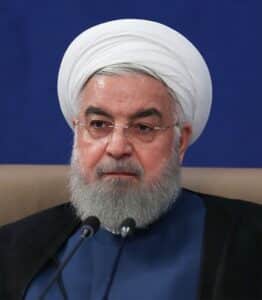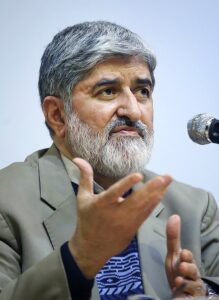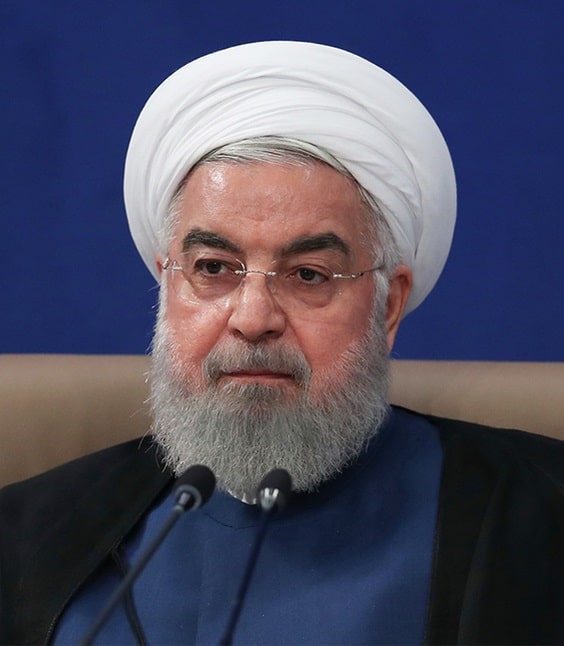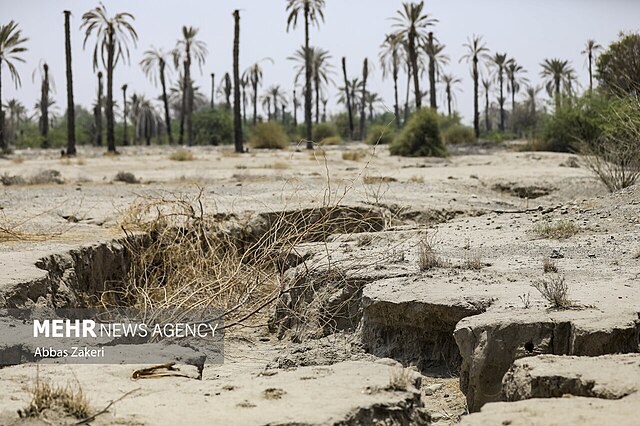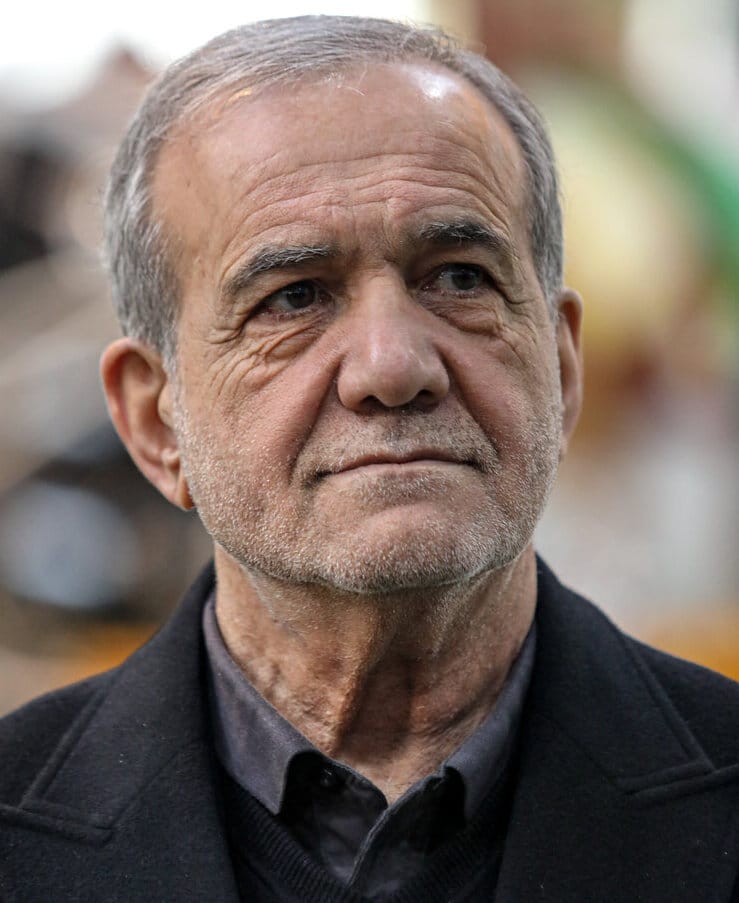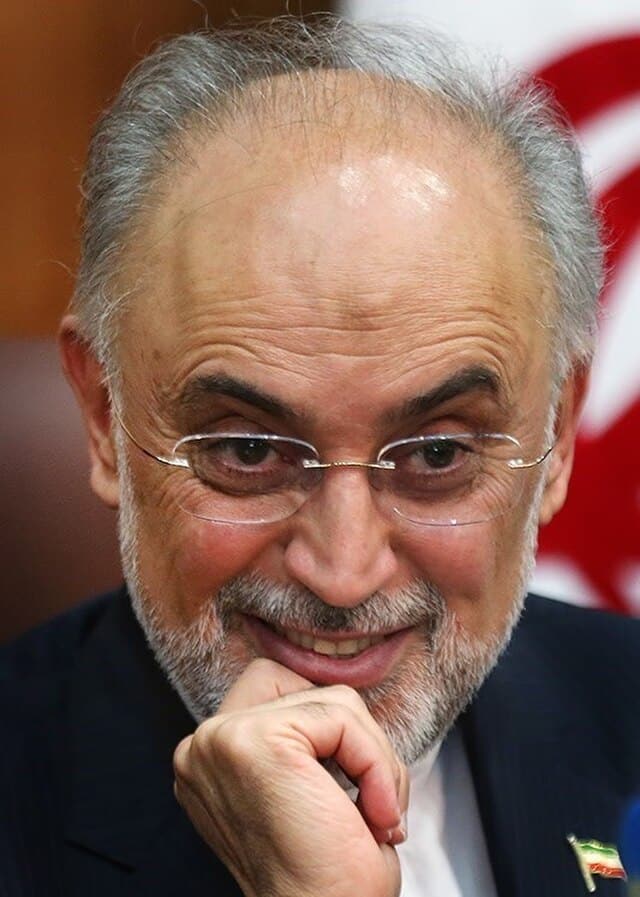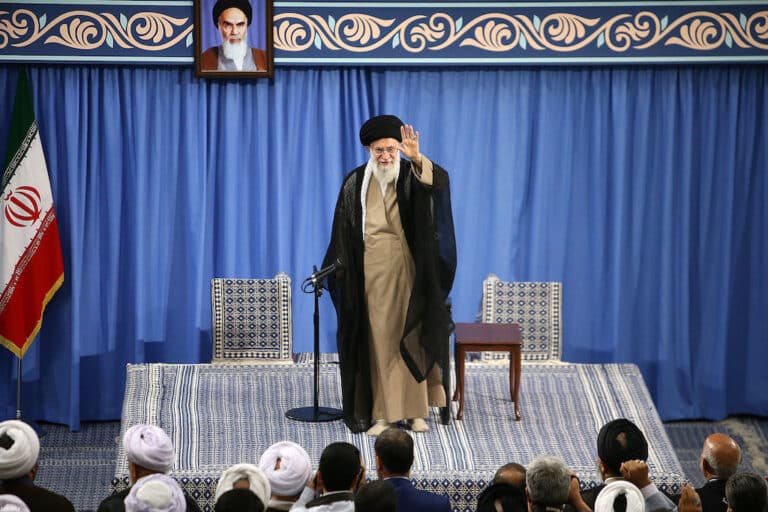Iran, Russia, and China have issued a joint letter opposing the E3 decision to trigger the UN “snapback” mechanism. The letter, delivered at the Shanghai Cooperation Organization summit in Tianjin by Iranian Foreign Minister Abbas Araghchi together with his Russian and Chinese counterparts, declared that in their view the snapback process is “void” and “unlawful.” The snapback clause was introduced as part of the 2015 nuclear agreement with Iran, signed by China, Russia, the UK, Germany, France, the United States, and the EU. It allows for the automatic reinstatement of UN sanctions if Iran is deemed to be in breach of its commitments. Once triggered, it cannot be vetoed by a single Security Council member. Britain, Germany, and France, known collectively as the E3, moved to activate the mechanism last week, accusing Iran of enriching uranium to levels “unprecedented for a state without a nuclear weapons program” and of failing to cooperate in negotiations. As of now, the E3 has not responded to the joint letter, while the countdown toward the reimposition of sanctions continues.
Meanwhile, the economic toll of the “snapback” mechanism is already visible in Iran. As reported last Thursday, the rial, the country’s currency, has plummeted to an all-time low, trading at 1.06 million rials to the dollar, surpassing the previous record set in April just before negotiations with the United States resumed. Should the mechanism proceed as planned, Iran’s Chamber of Commerce warns the rial could fall to 1.65 million per dollar, with inflation soaring to 90 percent.
Ali Motahari, former deputy speaker of parliament, and brother-in-law of the head of the Supreme National Security Council Ali Larijani, criticized President Masoud Pezeshkian’s moderate stance on the “Hijab and chastity” law. Pezeshkian has recently argued that strict enforcement could trigger escalation of social tensions, and unrest, preferring to avoid measures that might undermine national stability. Motahari, however, countered that such leniency is unacceptable: “They say we must not be strict, but if someone exposes their midriff, who will stop her?” He acknowledged that the law itself was flawed and its application is problematic, yet stressed that government leaders, especially the president, must not appear to encourage disregard for the hijab. Motahari insists that an Islamic government must oversee not only economic matters but also cultural and moral issues, placing him firmly within the conservative camp of Iranian politics. He insisted that this responsibility cannot be left solely to religious education in mosques, but must be enshrined in law and enforced to preserve the nation’s Islamic identity.
A rare wave of protest has shaken one of Iran’s largest industrial enterprises, where thousands of workers have launched a hunger strike. More than 4,000 employees of the Arak Aluminum Company are holding a hunger strike in protest against poor working conditions, the rollback of welfare benefits, layoffs, and repeated neglect of demands for improved safety and social security. The company’s management has filed legal cases against around 30 workers. Reports indicate that employees are boycotting the factory’s dining halls and vow to continue their strike until meaningful improvements to their rights are secured.
Recent data suggests that Iran may be approaching a demographic crisis. A new report from the Youth Division of the Ministry of Sports and Youth shows a sharp drop in marriage rates, from 4.25% in 1401 (2022–23) to just 3.85% last year. The statistics also reveal that 14% of women and 4% of men over the age of 45 have never married, while more than 17 million Iranians under 45 remain single, including 9.5 million men and 7.5 million women.
Photograph: Tasnim News Agency, Wikimedia Commons

